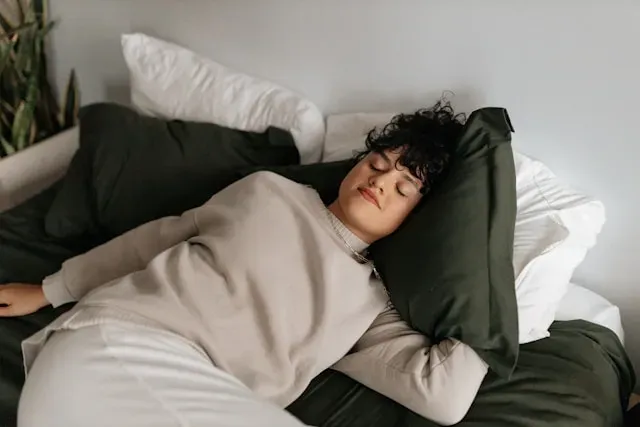
Sleep Therapy
Discover how Sleep Therapy can help individuals overcome sleep disorders and achieve a good night's rest.
Get carepatron free
Commonly asked questions
Sleep therapy, or cognitive-behavioral therapy for insomnia (CBT-I), is a structured program that helps identify and replace thoughts and behaviors that cause or worsen sleep problems with habits that promote restful sleep. It addresses the underlying causes of sleep disorders, making it an effective long-term solution for sleep problems.
Sleep therapy incorporates various techniques, such as sleep hygiene, sleep restriction therapy, stimulus control therapy, and relaxation techniques. Sleep hygiene involves the creation of healthy sleep habits, while sleep restriction and stimulus control therapies help to reset your sleep-wake cycle. Relaxation techniques and breathing exercises are used to reduce anxiety and promote a good night's sleep.
Yes, sleep therapy is particularly effective in treating chronic insomnia. It can also be beneficial for those with mental health conditions, such as bipolar disorder, where sleep problems are often a symptom.







